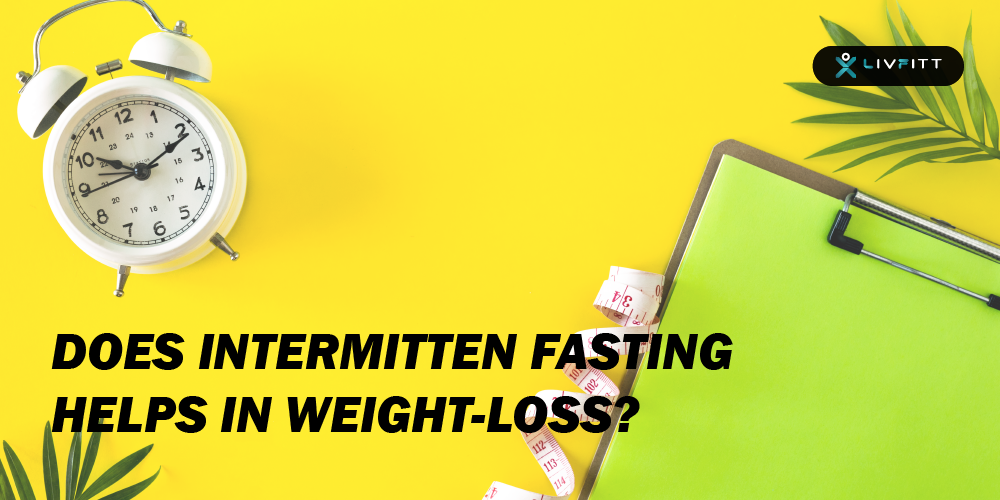
Does Intermittent Fasting help in Weight Loss?
Most people attempt intermittent fasting because of the weight loss that occurs when you follow this plan. By eating fewer meals, intermittent fasting leads to a reduction in caloric intake. This directly affects hormone and insulin levels, which aid weight loss. In addition, fasting also helps trigger the release of norepinephrine; a fat-burning hormone. Even if you fast for a short period, your metabolic rate jumps up from 3.6 to 14%. By eating fewer calories, and burning more calories, you’re effectively changing the calorie equation and promoting weight loss.
Many studies have demonstrated that intermittent fasting is an effective weight-loss tool. According to a 2014 study conducted at the University of Illinois at Chicago, intermittent fasting caused up to 8% of weight loss over 24 weeks. This is a notable amount of weight loss compared to other methods. This same study found that people following intermittent fasting were able to lose up to 7% of waste and belly fat, which is a known contributor to diseases. The participants in this study were losing approximately 0.55 pounds each week.
It is also important to exercise along with IF, this has been proven to help with fat loss and muscle gain. So in a nutshell, intermittent fasting can and will help you lose weight provided you don’t compensate by over-eating during the allowable periods. In addition to weight loss, there are significant benefits to metabolic health and in the prevention of chronic diseases.

